Using Software

How can I improve my productivity with educational software ?
Educational software can be a powerful tool to enhance your productivity, but it's essential to use it effectively. Here are some tips on how you can improve your productivity with educational software: 1. Set clear goals and objectives before using any educational software. This will help you select the right software that aligns with your needs and ensure that you stay focused on what you want to achieve. 2. Choose the right software for your specific needs. Look for software that is user-friendly, engaging, and relevant to your learning goals. Consider factors like cost, accessibility, and compatibility with your devices. 3. Use the software regularly. Consistency is key when it comes to improving your productivity with educational software. Make a schedule for when you will use the software and stick to it. Even if you can only devote a few minutes each day, regular use will help reinforce your learning and keep you on track. 4. Take advantage of interactive features like quizzes, games, and simulations. These can be great tools for reinforcing your learning and making the process more engaging. Be sure to take advantage of these features whenever possible. 5. Track your progress. Keeping track of your progress is an excellent way to stay motivated and see how far you've come. Many educational software programs have built-in tracking features that allow you to monitor your progress over time. If your software doesn't have this feature, consider using a separate tool like a spreadsheet or journal to track your progress manually.
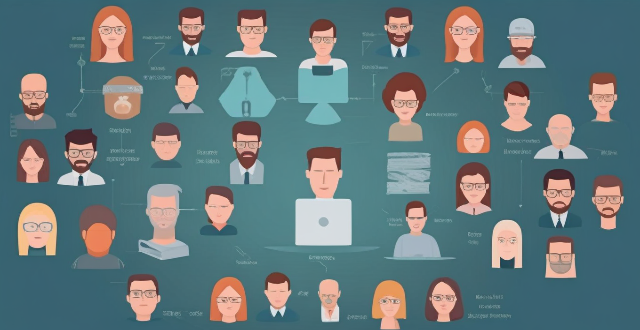
What are the risks associated with using outdated software ?
Using outdated software poses risks including security vulnerabilities, compatibility issues, and limited functionality. Regular updates are crucial for maintaining security, compatibility, and access to new features.
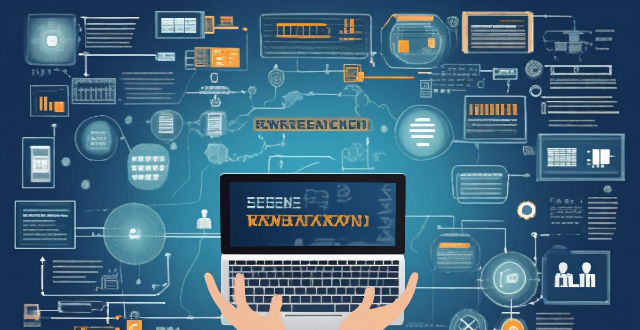
How can I ensure my business is protected from cyber threats ?
To ensure your business is protected from cyber threats, consider implementing measures such as educating employees on cybersecurity, using strong passwords and two-factor authentication, keeping software up-to-date, using antivirus and anti-malware software, securing networks with firewalls and encryption, backing up data regularly, limiting access to sensitive information, monitoring network activity, and developing incident response plans.
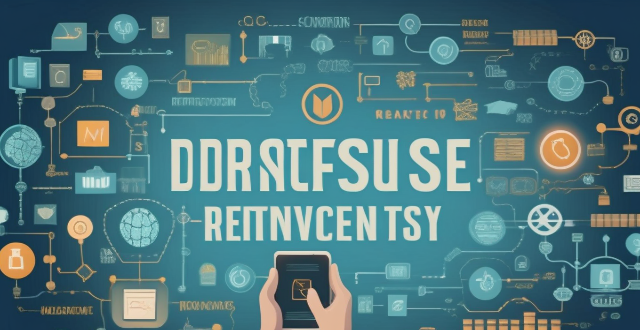
What are some common threats to digital identity and how can I prevent them ?
The text discusses the threats to digital identity and how to prevent them. It outlines common threats such as phishing attacks, malware and viruses, identity theft, data breaches, and ransomware. To prevent these threats, it suggests using strong passwords, enabling two-factor authentication, keeping software up-to-date, being cautious with emails and links, monitoring online accounts, using antivirus software, securing your network, and educating yourself about cybersecurity. By taking these precautions, individuals can reduce the risk of falling victim to threats to their digital identity.

Did Apple introduce any new services or software updates at the event ?
Apple's latest event introduced several new services and software updates. The new services include Apple Music Voice Plan, Apple Maps with interactive 3D experience and immersive walking directions, and Apple Fitness+ with group workouts and integration with Apple Watch's activity rings. The software updates include iOS 15 with Focus Mode improvements, Live Text in Photos, and enhanced Memories; iPadOS 15 with App Library and Home Screen changes, multitasking improvements, and Quick Note and Scribble features; watchOS 8 with a Mindfulness app, new Workout app, Portrait Watch Faces, and respiratory rate tracking; and tvOS 15 with Home Screen updates, Shared With You, new interactive features, and HomeKit and accessory updates. These new services and software updates showcase Apple's commitment to enhancing the user experience across their ecosystem of devices.

What are the risks associated with using public Wi-Fi networks ?
Using public Wi-Fi networks can expose you to various risks and vulnerabilities, including Man-in-the-Middle attacks, unencrypted data transmission, malware distribution, phishing scams, insufficient security measures, lack of privacy, session hijacking, and denial of service attacks. To protect yourself from these risks, it is essential to take precautions when using public Wi-Fi networks, such as using a virtual private network (VPN), avoiding sensitive activities like online banking or shopping, and keeping your device's software up-to-date with the latest security patches.

How can I stay safe while using mobile banking apps ?
The text provides a detailed guide on how to ensure the safety of personal and financial information while using mobile banking apps. It suggests downloading apps from official app stores, keeping them updated, setting up multi-factor authentication, using strong passwords, being cautious with public Wi-Fi, monitoring account regularly, not saving log-in details, and being wary of phishing scams. These measures can significantly enhance the security of mobile banking activities and protect financial information from potential threats.
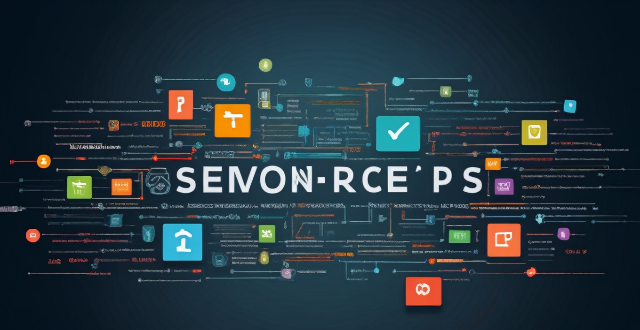
What is the importance of regular software updates in network security protection ?
Regular software updates are vital for network security protection, addressing vulnerabilities, improving performance, adding features, and maintaining compliance with industry standards. Best practices include establishing an update policy, using automated tools, testing updates, prioritizing critical updates, maintaining a system inventory, educating users, monitoring post-update issues, staying informed about threats, backing up data, and reviewing third-party applications for updates. Adhering to these practices reduces cyber threats and ensures the integrity of systems and data.
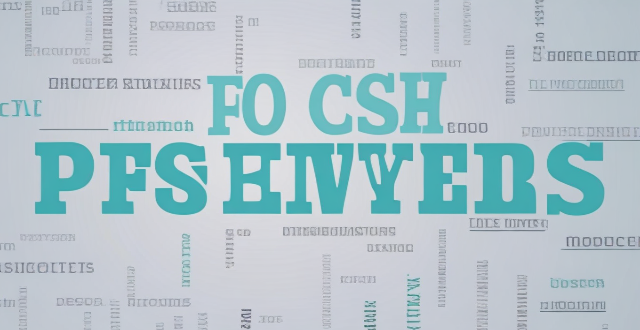
What steps can I take to prevent identity theft on my iPhone ?
The text provides tips on how to prevent identity theft on an iPhone, such as using strong passwords and biometric authentication, keeping software up to date, being careful with public Wi-Fi networks, using two-factor authentication, not storing sensitive information on the phone, being wary of phishing scams, and monitoring accounts regularly.

What are the benefits of using hidden features in iOS ?
The text discusses the benefits of using hidden features in iOS, including enhanced user experience, increased efficiency, access to experimental features, troubleshooting and problem-solving, and advanced customization. However, it also warns that using these features should be done with caution as they may not work as intended or could potentially cause issues with the device if not used properly. It is recommended to research and understand the feature thoroughly before enabling or using it, and to back up important data before making any significant changes.

How can I protect my network from malware and viruses ?
Malware and viruses can cause significant damage to your network, including data loss, system crashes, and identity theft. To protect your network from these threats, you need to implement a comprehensive security strategy that includes installing antivirus and anti-malware software, using a firewall, keeping your system up-to-date, using strong passwords and 2FA, educating yourself and your employees, and regularly backing up your data. By implementing these steps, you can significantly reduce the risk of malware and virus infections on your network.
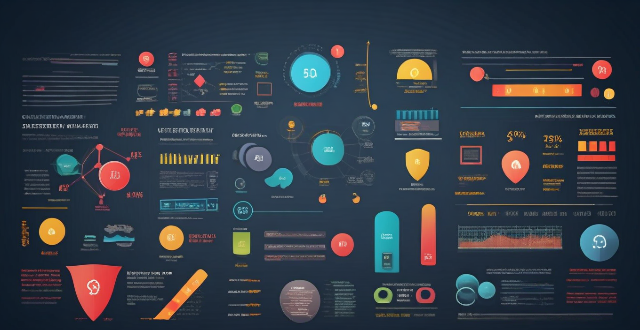
What software tools are commonly used for sports data analysis by coaches and analysts ?
Sports data analysis has become a crucial aspect of modern sports coaching and management. Coaches and analysts use various software tools to collect, analyze, and interpret data to enhance team performance, player development, and tactical planning. Some commonly used software tools for sports data analysis include Prozone, StatsBomb, Opta, Hudl, and SoccerMetrics. These tools offer features such as player performance analysis, event data tracking, in-depth match analysis, video analysis, performance tracking, and visualization tools. Coaches and analysts can choose the ones that best suit their needs and preferences to gain valuable insights into their team's performance and make informed decisions to improve their results.
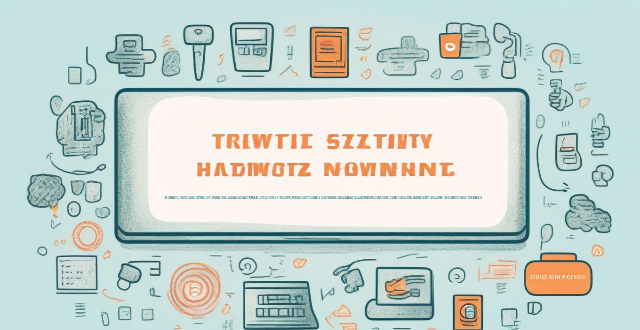
How can I protect my home network from cyber attacks ?
The text provides a topic summary on how to protect your home network from cyber attacks. It suggests changing default settings such as passwords and firmware, using strong passwords, securing your Wi-Fi network with WPA2 encryption, keeping devices updated with software patches and antivirus software, and educating yourself and family members about safe online practices. Following these steps can help reduce the risk of cyber attacks and keep personal information secure.
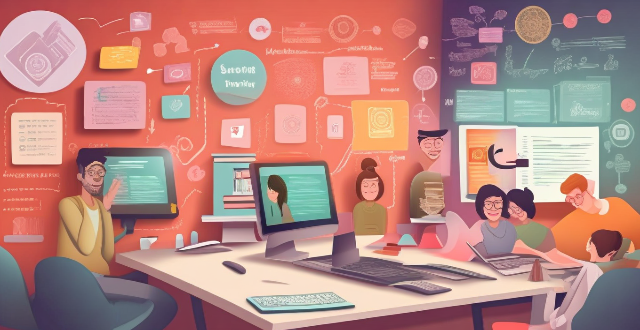
How does personalized learning through adaptive software benefit students ?
Adaptive software in education offers personalized learning experiences, enhancing student engagement, academic performance, and key skill development. It supports inclusive education, prepares students for future challenges, and makes learning more efficient and effective.

How can I ensure the security of my wireless network ?
Securing a wireless network involves changing the default administrator password, using WPA2 encryption, enabling network encryption, using a firewall, and updating firmware regularly.

How can I take mouthwatering photos of desserts and pastries ?
To capture mouthwatering photos of desserts and pastries, consider the following tips: plan your composition by using the rule of thirds, negative space, and different angles; focus on lighting by utilizing natural, diffused light or shooting during golden hour; style your subject with complementary props and simple backgrounds; get close to your subject with a macro lens and shallow depth of field; play with color by considering your color palette and using contrasting colors; use post-processing software to enhance your photos; and practice regularly while experimenting with different techniques.
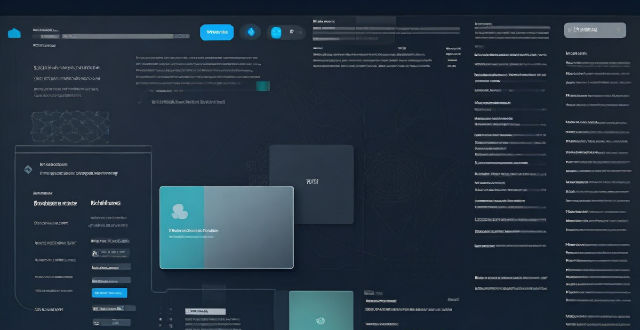
What is ransomware and how does it work ?
Ransomware is malicious software that blocks access to computer systems or data until a ransom is paid. It spreads through phishing emails, exploit kits, and drive-by downloads. Once activated, it encrypts files and demands a ransom for the decryption key. Paying the ransom doesn't guarantee data recovery, and the malware may remain on the system. The impact includes data loss, downtime, reputational damage, and financial costs. Prevention involves regular backups, software updates, user education, security tools, and an incident response plan.
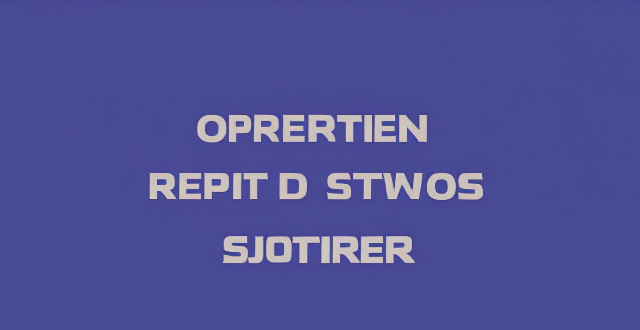
How do I know if my iPhone needs a software update or a hardware repair ?
The text is a guide that helps iPhone users determine whether their device requires a software update or hardware repair. It outlines steps to check for available updates, restart the device, and reset it to factory settings if needed. The guide also suggests inspecting the iPhone for physical damage, testing basic functions, and checking battery health as indicators of potential hardware issues. If unsure about the cause, the text advises visiting an Apple Store or authorized service provider for further diagnostics.
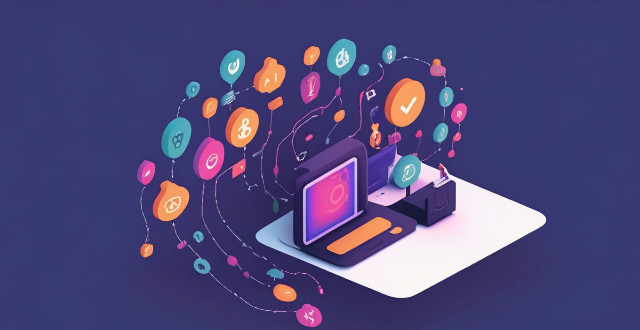
How do I find out if my iPhone has been hacked ?
The article provides a comprehensive guide on how to detect if an iPhone has been hacked, including signs such as unusual battery drain, increased data usage, strange pop-ups or ads, crashing apps, unexplained charges, unusual activity in social media accounts, and suspicious app installations. It also outlines immediate actions to take, like changing passwords, updating iOS, and installing security software, as well as advanced troubleshooting steps like checking login activity, removing suspicious apps, and resetting the device. Long-term protection measures are suggested, including regular software updates, using two-factor authentication, and being wary of phishing attempts. The article emphasizes the importance of staying vigilant about online security practices.

What software tools are available to help with budget creation ?
Budgeting is an essential aspect of financial planning, and there are several software tools available that can help with budget creation. Microsoft Excel, Google Sheets, Quicken, Mint, and YNAB are some of the most popular options. Each tool has its own set of features, pros, and cons that make it suitable for different types of users and budgeting needs.